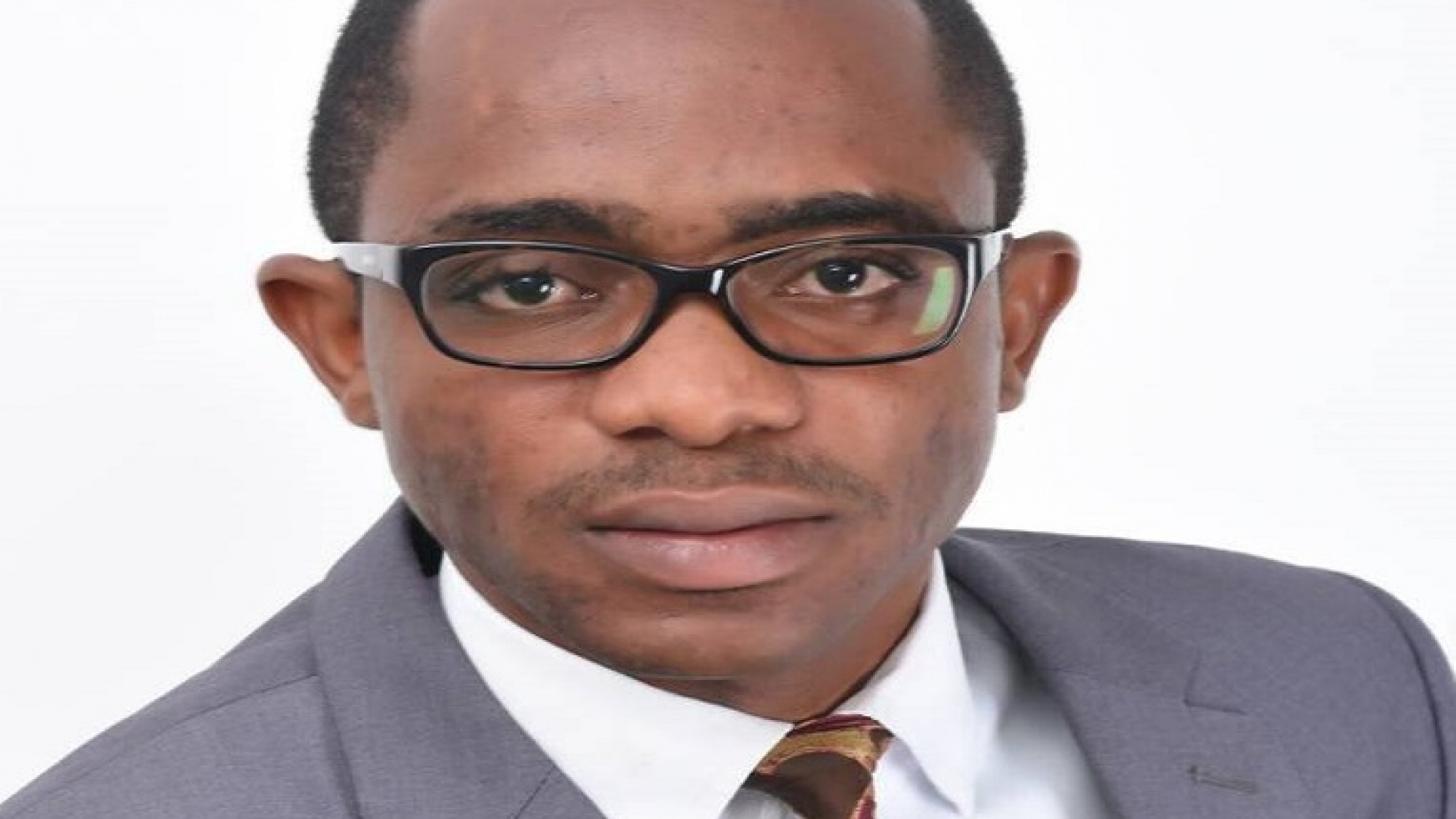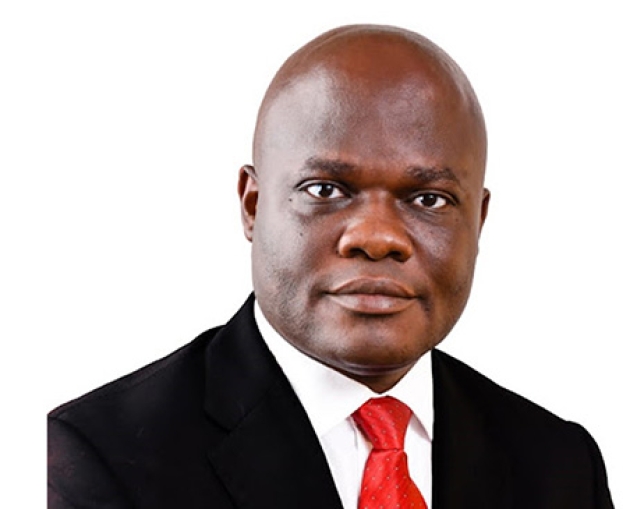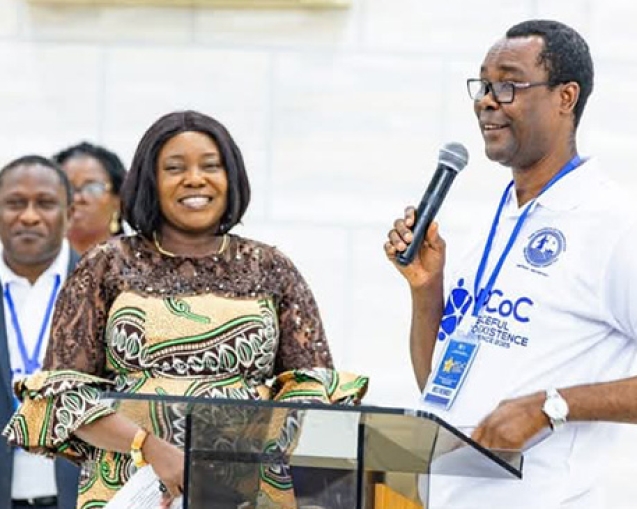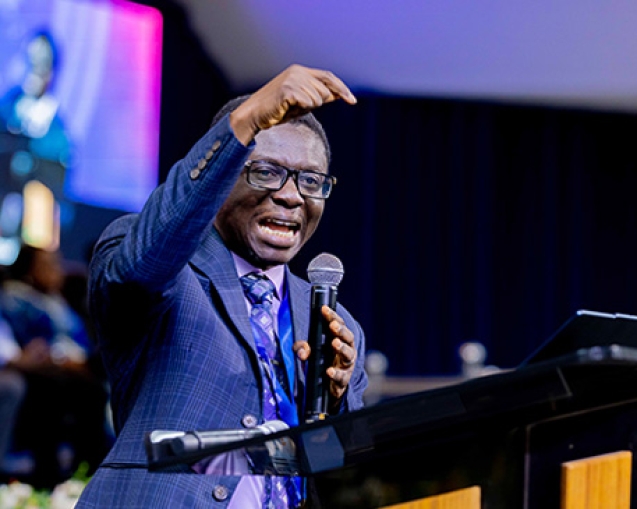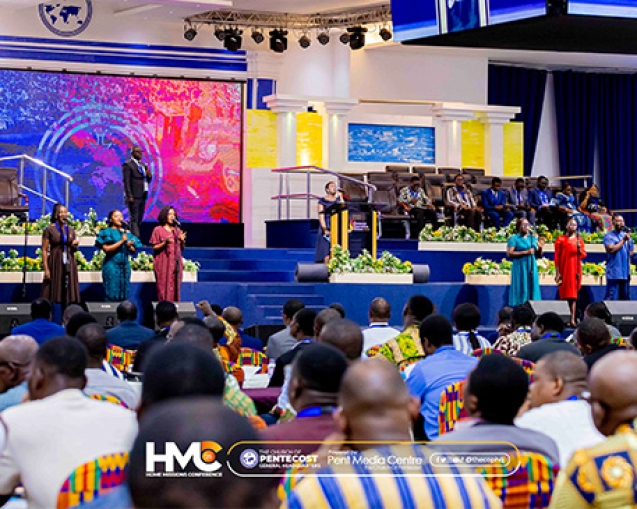Introduction
This article, as an introduction, shall very briefly deconstruct in a context other political powers’ interference in the case of the widespread discussion on Lesbian Gay Bisexual Transgender Queer Intersex Asexual plus (LGBTQIA+) in Ghana towards its constitutional abolishment or otherwise. It would map out the possible view of the illustrious son of Ghana, Osagyefo Dr. Kwame Nkrumah on the issue and show how this revered legend of a freedom fighter would respond to the remarkably pugnacious imperialist incursion into the issue.
His voice has gone abroad the world over. He is reckoned without any reservation whatsoever as an eminent son of Africa. Undoubtedly, Africanness is birth in him. It is well seated with many informed persons that he was a freedom fighter extraordinaire. He fronted the nationalists’ struggle for the regains of the political independence of Ghana. It was the ultimate desire of Kwame Nkrumah that his Ghana continues in the path of freedom which he has defined, and to build a society on values that define the beauty of humanity and the dignity of the African. He would invariably weigh in heavily on the LGBTQIA+ debate in Ghana.
Pondering the hullabaloo around the LGBTQIA+ case in Ghana, the gross and microscopic elements of imperialism is substantial. The comments of persons and corporate organizations outside Ghana, especially the West on the issue present us with a compendium of problems to respond to. The media of the West, unsurprisingly, have taken a deep dive into the case. Even some leaders of churches in the West commented in a way that confronts the desire of Ghanaians to oust the concept and practice of LGBTQIA+. The political, religious, and socio-cultural dimensions of this matter cannot be ignored. These developments must be of interest to the ongoing discourse. They must begin to pose some questions to the Ghanaian and engage the reflection of the nation of Ghana. What do imperialists know about human dignity to teach Ghanaians what it means to respect people’s personality generally, and sexual orientation specifically? Should we appeal to the not-so-long history to judge this case? Who is more inhumane than the imperialist? Nkrumah would have approached the issue from the perspective of African identity and human dignity which must not be sold out in any way.
“It is for Freedom that Christ has set us Free”
Nkrumah has pontificated freedom far and wide. It comes as no surprise when the book that tends to chronicles his political adventures and reflects on them accordingly was titled I Speak of Freedom. I have chosen to put Nkrumah’s deep inclination towards freedom in the light of the dictum of Galatians 5:2. This must not be adjudicated as comparing two conflicting ideologies. In fact, the connections here are rather deep-seated. Indeed, despite his prime minister path, he did not see himself as unrelated to a minister of the Christian Gospel. Kwame Sanaa-Poku Jantuah, a dear confederate of Nkrumah indicated in his book, The Death of an Empire that Nkrumah would have become a full-time servant of the church, a Roman Catholic priest if not for the path of politics he chose. Even on this chosen path, he entered into the study of theology completing in 1942 at the Lincoln Presbyterian Seminary, the seminary of Lincoln University. This degree in sacred theology would possibly teach him more about the freedom he so much desired and cause him to take a gaze through the spirit in the letter at God’s divine will for humanity.
He confessed in his book Ghana: The Autobiography of Kwame Nkrumah that “In those days I took my religion seriously and was very often to be found serving at Mass.”[1] One may then see Nkrumah at the beck and call of the priest at the altar as he helps in the administration of the sacrament. During the procession at Mass, he would have carried the processional cross which would remind him of the vicarious death of Christ for the sin of the world. He might have carried a blessed candle that may teach him the importance of the light of Christ or any other thing pertaining to Christ. Nkrumah would have carried incense or a thurible which may invoke in him the spirit of prayer. As he serves close to the priest, the reading of the Scriptures in the liturgy of the word, would have pierced his ears with the story of Christ. He mentioned that “It was not that I became any less religious but rather that I sought freedom in the worship of and communion with my God.” The connections have been there.
Freedom was at the very core of his persona. Considering his deep love for freedom, I suspect that Galatians 5:2 would be one of the verses of the Bible he would love to expose frequently. This says that, “It is for freedom that Christ has set us free. Stand firm, then, and do not let yourselves be burdened again by a yoke of slavery.” In fact, whilst studying in the United States of America, he used to preach in a number of churches. Largely, these sermons that emanate from Nkrumah’s pulpit would be heavily laden with cases against imperialism and colonialism, I suspect. The sermons would likely find resemblance with those of Marcus Garvey earlier and Martin Luther King later.
Apostle Paul who wrote the Bible text of concern here was largely a key preacher of freedom in Christ. His utmost desire is for Christians not to kowtow to any teaching and practice that undermine their freedom in Christ. This freedom is essentially a freedom of maintaining one’s cultural identity whilst being a Christian just like how Nkrumah later led the fight for the African Identity. In this vein, in his letter to the Galatians, Paul rehearsed the teaching which he has passed onto them early on. A major challenge the Galatian church, situated in a non-Jewish region, was confronted with was the widespread of teaching by some Judaising Christians within the church that non-Jews who come into Christ must necessarily observe the Mosaic Law. These teachers of a “different gospel” contrary to what Paul taught were determined to bring the Christians under the yoke of Jewish traditions. Paul painstakingly reminded the church in his Galatian letter that Christ has indeed set them free. Galatians 5:2 strikingly tells that “It is for freedom that Christ has set us free.
Substantial comments from the western world concerning the pro-LGBTQIA+ activism and the move to enact laws against the practice in Ghana, significantly throw shades to the Ghanaian identity. The public conversation on the LGBTQIA+ movement came to peaks in 2006, 2011, 2018, and beyond. In very recent times, due to a private members bill that has been presented to the parliament, the debate has reached a great height. Largely, the West has accused Ghana of trying to promote legislation that would infringe on the human rights of a “sexual minority,” the LGBTQIA+ community.
Neocolonialism: The Last Stage of Imperialism andthe LGBTQIA+ Debate
In 1965, Kwame Nkrumah published his very important book Neo-Colonialism: The Last Stage of Imperialism. The claims arguably find fulfillment in the recent threats by a government to cut down aid to Ghana if it does not take steps in legalizing homosexuality. The case of the public declaration of a former prime minister of the UK, David Cameron in 2011 to deny Ghana aid because of its view on LGBTQIA+ would be of concern here. My purpose is not to explore the book in its fullness. Here, I very concisely engage with the book in the context of the LGBTQIA+ discourse in Ghana with special reference to threats of cutting down aids to Ghana if it does not take steps to legalize homosexuality.
In the book, he argues that a new form of imperialism has emerged in the world to replace the archaic form, colonialism. This new colonialism or neo-colonialism principally involves the commandeering of the economy of the neo-colonial state by the imperialist. He asserts that “The result of neo-colonialism is that foreign capital is used for the exploitation rather than for the development of the less developed parts of the world. Investment under neo-colonialism increases rather than decreases the gap between the rich and the poor countries.” Nkrumah is blunt that “The question is one of power. A State in the grip of neo-colonialism is not master of its own destiny. It is this factor which makes neo-colonialism such a serious threat to world peace.”
Ghana, as a developing nation has benefitted from external aids. Aid must play the role of developing holistically the nation indeed. This development must essentially be connected to the economic advancement coupled with attitudes that do not undermine this development. So that development does not come to also mean moral decadence. In the view of Nkrumah, these aids are used to manipulate the recipients. The profits that the donor gets from the aids make the neo-colonial state poorer. “‘Aid’, therefore, to a neo-colonial State is merely a revolving credit, paid by the neo-colonial master, passing through the neo-colonial State and returning to the neo-colonial master in the form of increased profits,” Nkrumah indicates. This also means that these aids come with strings attached. It is apparent that not only is the economy of the neo-colonial State primarily crippled but its social and moral worth are being stolen; its identity is being changed for the worse.
It is on record that Ghana has been receiving bilateral aid from the UK. The budgets of Ghana have been supported in this regard. The emerging requirement, which is, the legal endorsement of LGBTQIA+, for a nation to continually “benefit” from these aids is something that the first president of Ghana would resist vehemently. I would suggest that threats of this nature would gain popularity in the coming years. Nkrumah, being a philosopher and a political scientist, clearly saw these tricks of imperialism and became a whistleblower. Ghana must listen to his voice.
“And Help Us to Resist Oppressors Rule”
There has been the proposition by some political powers in the Euro-American West to help Ghana to enact laws to legally accept the practices of the LGBTQIA+ community. Ghana, in all its sovereignty as a nation, these nations could still arrogate to themselves, as it were, the divine right to direct Ghana to make laws to fulfill their desire. Sadly, the proponents of such laws fail to give recognition to the personality of the Ghanaian. Theresa May, another former prime minister of the UK in April 2018 offered apologies for the anti-gay laws which have been left in the constitutions of their former colonies including Ghana. With respect to Ghana, she may be likely referring to the provision of Chapter 6, section 104 of the 1960 Criminal Code of Ghana. By this apology, she fails to see that the fight against homosexuality emanates from the cultural values of Ghana. She sees the anti-gay laws left in the books of their former colonies as the reason for the resistance against the legalization of homosexuality. She ignored the values and principles that make the people of Ghana; that which Ghanaians are actually standing on to resist the LGBTQIA+ movement. This is one way the imperialist think.
In the making of who Ghanaians are as a people, of course, there would be interactions with the ideologies of other civilizations. As Nkrumah intimated in his Consciencism: Philosophy and Ideology for De-Colonisation, there are other worldviews that are assimilated by the African society. The African society then “develop[s] them in such a way that they fit into the African personality.” In this vein, Alban Sumana Kingsford Bagbin, the incumbent Speaker of Parliament of Ghana rightly opines that “As initiators of the concept of an African Personality, which concept was led by Osagyefo Dr. Kwame Nkrumah, we cannot copy attitudes, values, and etiquettes of other countries that are antithetical to our values and principles, what we believe in and what we stand for.”
Where the Ghanaian person is ignored, and other political powers dictate, it is an act of oppression by imperialists. Encouraging a government that is not of the people is oppression. When Ghana sings its national anthem and prays to God to enable it to refuse the rule of oppressors, the nation must be mindful not only of internal oppression but also external.
Undeniably, one item to dissect in an attempt to understand the Ghanaian aspiration is the Ghana national anthem. This embodies the beliefs and convictions regarding the relation of the Transcendent to freedom and justice, nationhood, bourgeoning socio-economic life, and their fight against Western hegemony. Kwame Nkrumah did not mince words when he announced, rather avidly, on the Old Polo ground of Ghana that the national hymn is to be played on all occasions though the current lyrics of the anthem are an alteration of what was sung on the day he made the call.
Would a critical hymnody of this national song reveal that its ideas are only theologies after colonization? In so far as the African expresses his convictions through his culture; including songs, dance, rituals, symbols, language, among others, these cultural tags must not be taken lightly. Within the national hymn, the experiences of the Ghanaians within their respective ethnoreligious extractions have been brought to the national stage. The confessions within the national anthem become a point of intersection of the diverse experiences of the various groups that come together to form the nation of Ghana. Ghana must continually be inspired by the national spirit coupled with a love for the right, and resistance to all that is immoral and indeed infringes on what is human.
To Conclude: The Babylonian Captivity of Morality is Destructive
We cannot deny that there are moral issues that make up human society. In fact, morality is key to what makes us human. Whether in private or public life, we are preserved by morals. We thrive as humans because we have been divinely gifted with some principles that enlightens us and guide us into a greater good. Nkrumah had said, as captured by Kofi Yeboah Tuafo in his book Philosophy and Opinions of Kwame Nkrumah: Axioms, Statements of Hope, Inspirations for the Future, that “What the world lacks is a code of international morality which measures up to its technological progress. Tell the truth: Love your neighbor as yourself; Succour the poor and the needy; Waste not the bounty which nature and science have provided; Do not murder; these are the maxims of all religions and moralities and the principles which men try to apply in their private lives. Can one honestly say that the nations of to-day are trying to apply these principles to international life?” Any claim of enlightenment or advancement as a people must be guided by morality. From both moralistic and human rights perspectives, promoting LGBTQIA+ undermines our humanness. The world must not sacrifice what makes us human. We must come together and help those who are suffering from medical, psychological, and social pathologies that have become a challenge to right living and save ourselves.
For the reason that Ghana is ready to see to the rehabilitation of persons that form within the LGBTQIA+ bracket, fighting this menace must not be interpreted as inhumane. The medico-psychological and spiritual restoration of such people is possible. It is not enlightenment that which leads into darkness! There are always ills within human nature. Human behavior must thus be guided. If not, we shall take a nosedive into anarchism and destroy ourselves as a people.
By Elder Dr. Stephen Ofotsu Ofoe






